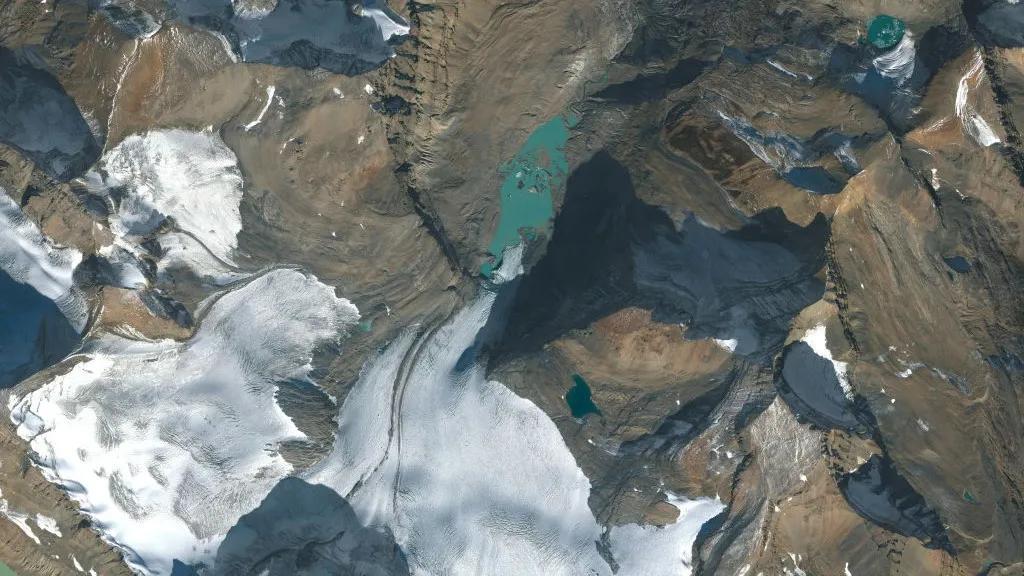
North America & Europe’s Glaciers Lost Unprecedented Ice in 4 Years: Study
The world is facing an unprecedented climate crisis, and the latest study is a stark reminder of its devastating impact on our planet’s natural wonders. A recent research paper has found that glaciers in North America and Europe have lost an astonishing amount of ice over the past four years, with some regions experiencing a decline of up to 13%.
The study, published in the journal Geophysical Research Letters, analyzed the ice loss in glaciers across Washington, Montana, British Columbia, Alberta, and the Swiss Alps between 2021 and 2024. The findings are both alarming and eye-opening, highlighting the rapid pace at which our planet’s natural ice reserves are disappearing.
According to the study, the glaciers in these regions lost an unprecedented amount of ice, with an average annual loss of 24.5 billion tons in the United States and Canada. In the Swiss Alps, the glaciers lost an average of 1.7 billion tons of ice per year. To put these numbers into perspective, the study notes that the ice loss between 2021 and 2024 was twice the amount recorded from 2010 to 2020.
The researchers used a combination of satellite imagery and ground-based measurements to track the changes in glacier mass over the four-year period. They found that the rate of ice loss was particularly pronounced in the Western United States, where glaciers in Washington and Montana lost an average of 27.5 billion tons of ice per year. In Canada, the glaciers in British Columbia and Alberta lost an average of 21.5 billion tons of ice annually.
The Swiss Alps, which are known for their picturesque glaciers, also experienced significant ice loss. The researchers found that the glaciers in this region lost an average of 1.7 billion tons of ice per year, with some glaciers shrinking by as much as 13%.
So, what are the implications of this unprecedented ice loss? For one, it highlights the urgent need for action to address the climate crisis. The study’s findings are a stark reminder of the devastating impact that human activities, such as burning fossil fuels and deforestation, are having on our planet’s natural systems.
The ice loss is also having significant economic and social implications. For example, the decline of glaciers in the Swiss Alps is threatening the livelihoods of local communities that rely on tourism and agriculture. Similarly, the melting of glaciers in North America is posing significant challenges for water management and infrastructure planning.
The study’s findings are also a wake-up call for policymakers and business leaders. As the world grapples with the challenges posed by climate change, it is essential that we prioritize the preservation of our planet’s natural wonders. This requires a concerted effort to reduce greenhouse gas emissions, transition to renewable energy sources, and protect our natural ecosystems.
In conclusion, the study’s findings are a sobering reminder of the urgent need for action to address the climate crisis. The unprecedented ice loss in North America and Europe’s glaciers is a stark reminder of the devastating impact that human activities are having on our planet’s natural systems. It is essential that we prioritize the preservation of our planet’s natural wonders and take immediate action to reduce our carbon footprint.
Source: https://agupubs.onlinelibrary.wiley.com/doi/10.1029/2025GL115235






